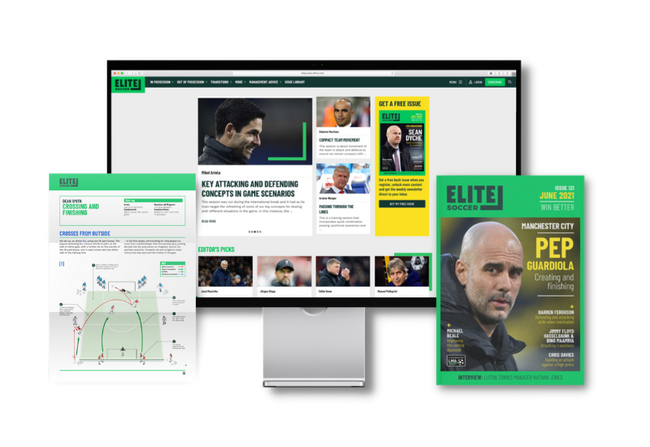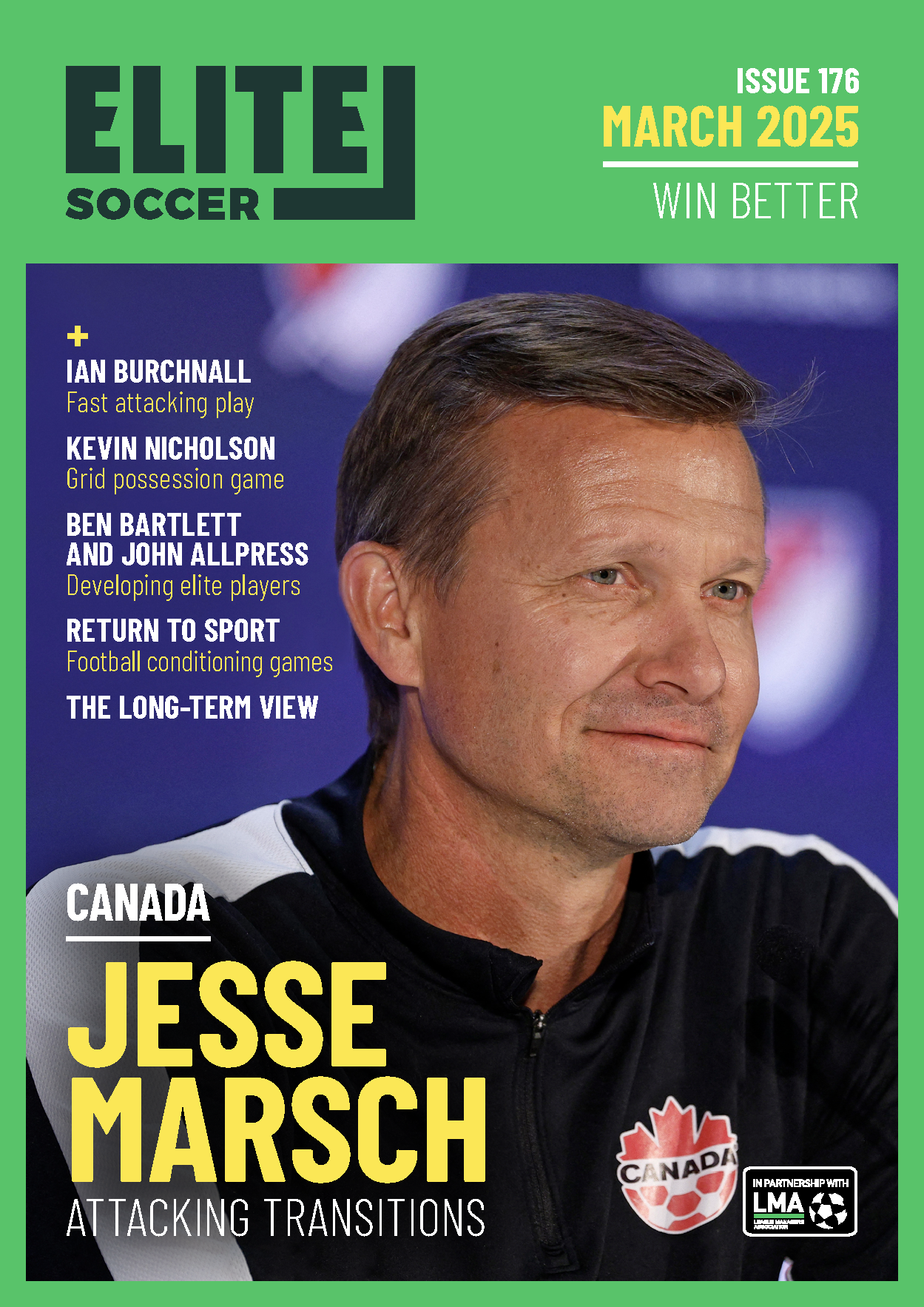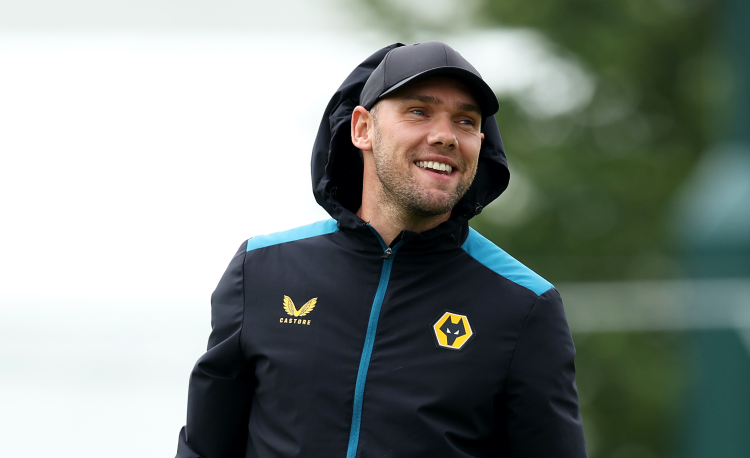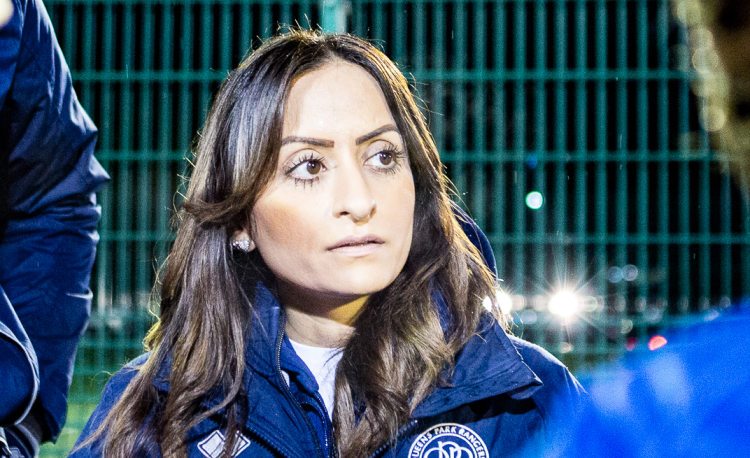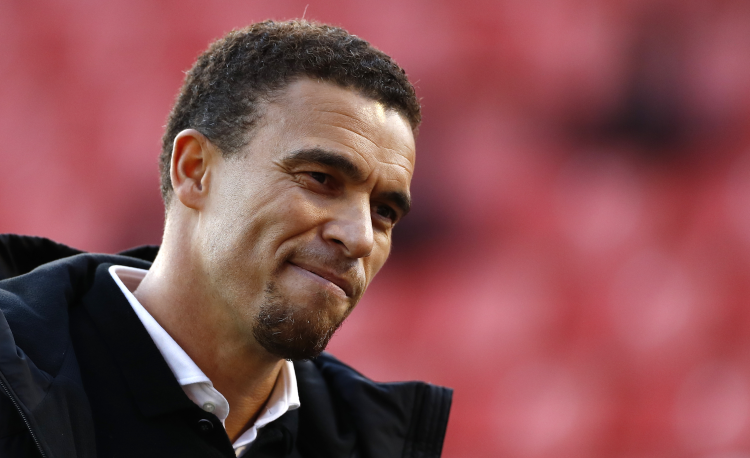Sporting sense
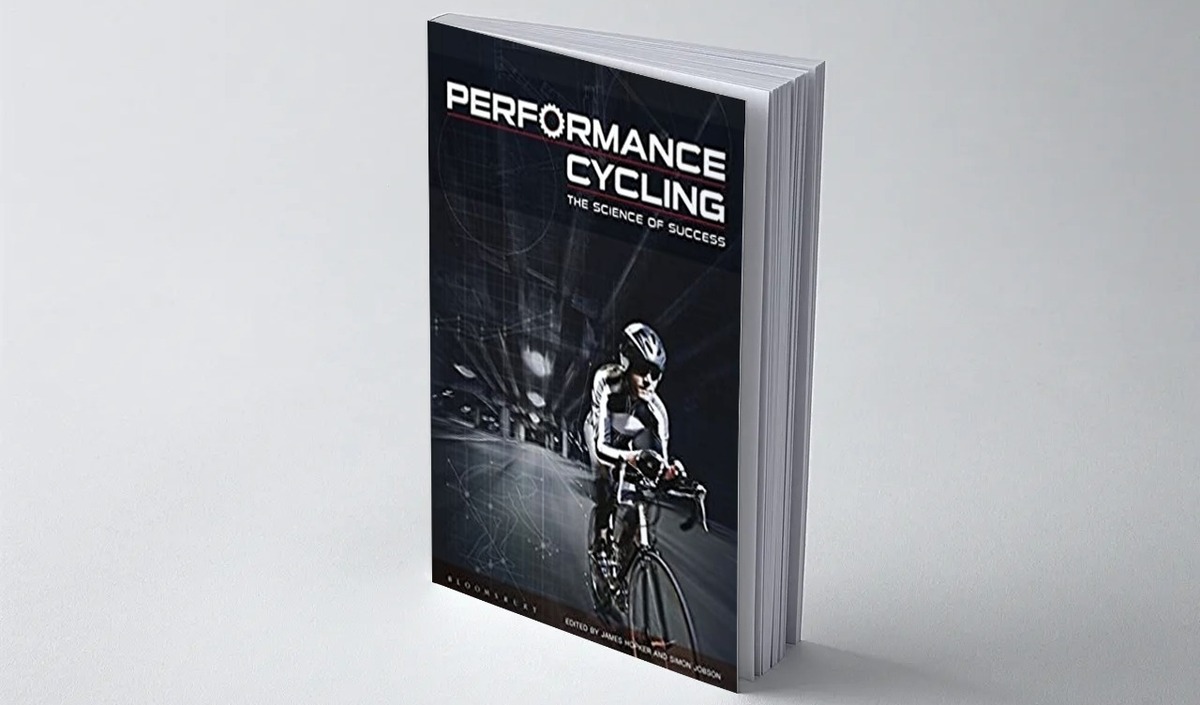
This, to all intents and purposes, is a book about cycling. It presents a timely opportunity to draw comparisons to a sport which, like football, transports the skill of the individual into the overall ambitions of the team... for evidence, watch the upcoming Tour de France and savour teamwork at its most committed and best.
If such a comparison isn’t lost– after all, no yellow jersey rider has ever made it to Paris without his ‘domestiques’, the workhorses sacrificing themselves for the cause – then likening the psychology of the sport’s coaching to our own must also be worthwhile.
And while a third of this prolific tome looks at the core sensibilities of cycling – addressing everything from diet to bike set-up – the rest unveils an absorbing and engaging blueprint of the methods and mindfulness that drive forward arguably the world’s most punishing and demanding sport.
Authors James Hopker and Simon Jobson have left the expertise to those who know best, with over 320 pages dedicated to a rich cross-section of contributions from experts in the field. Even so, Hopker (a Lecturer in the Centre for Sports Studies at the University of Kent) and Jobson (Senior Lecturer in the same role at the University of Winchester) have gone about their edit using restraint and a sense of conciseness often missing from psychological research books.
And included in the final product are chapters such as ‘How do I get the most out of coaching? The coach-athlete relationship’, and ‘How do I get in the right frame of mind? The psychology of cycling’. With further investigative insight into the mental dynamics of training versus competition, performance optimisation, post-competition methods, assessment of ability, as well as probes into varying performance dynamics for male, female, elder and disabled participants, there are multiple strands of thinking here that really stand up to scrutiny.
Each chapter author arrives with decades of sports performance coaching behind them. Former competitors, students of psychology and globally-renowned coaches, they unveil a lifetime’s worth of knowledge in a way that is informative, accessible and, at times, light-hearted. Sure, a detailed breakdown of physical movement when tackling a category two climb may not be of use to you on the sports field, but the mental preparation for the ascent and mapping out a method to conserve and maintain belief during it can certainly be reflected in the requirements of a player required, perhaps, to play box-to-box as injury-time approaches.
As always, the heart of good coaching comes in many different forms. There’s the requirement for expertise and proven information, of course, but more than ever before now the great and the good of management are looking at other sports in order to harvest knowledge and techniques from elsewhere, and this book certainly provides enough original insight to make it a worthy addition to any coach’s reading collection.
Excerpt
“When a coach and an athlete start working together, much gravitas is associated with the ‘coaching philosophy’, yet very few coaches publish what that means to the athlete... As with all human relationships, knowing where you stand is critical to maintaining a healthy interaction.”
“Remember that, while daily and weekly communication is excellent, specific communication at the end of a training cycle allows a step back to review how training is going: ‘seeing the wood and the trees’.”
“Knowledge of the physiological requirements associated with successful performance should be integrated with tactical awareness to suit your specific capabilities.”
Performance Cycling: The Science of Success, James Hopker and Simon Jobson. Bloomsbury Publishing.
Editor's Picks
Attacking transitions
Deep runs in the final third
Using the goalkeeper in build-up play
Intensive boxes drill with goals
Penetrating the final third
Creating and finishing
My philosophy
Pressing initiation
Compact team movement
Coaches' Testimonials

Alan Pardew

Arsène Wenger

Brendan Rodgers

Carlos Carvalhal

José Mourinho

Jürgen Klopp

Pep Guardiola

Roy Hodgson

Sir Alex Ferguson

Steven Gerrard
Coaches' Testimonials

Gerald Kearney, Downtown Las Vegas Soccer Club

Paul Butler, Florida, USA

Rick Shields, Springboro, USA

Tony Green, Pierrefonds Titans, Quebec, Canada
Join the world's leading coaches and managers and discover for yourself one of the best kept secrets in coaching. No other training tool on the planet is written or read by the calibre of names you’ll find in Elite Soccer.
In a recent survey 92% of subscribers said Elite Soccer makes them more confident, 89% said it makes them a more effective coach and 91% said it makes them more inspired.
Get Monthly Inspiration
All the latest techniques and approaches
Since 2010 Elite Soccer has given subscribers exclusive insight into the training ground practices of the world’s best coaches. Published in partnership with the League Managers Association we have unparalleled access to the leading lights in the English leagues, as well as a host of international managers.
Elite Soccer exclusively features sessions written by the coaches themselves. There are no observed sessions and no sessions “in the style of”, just first-hand advice delivered direct to you from the coach.
